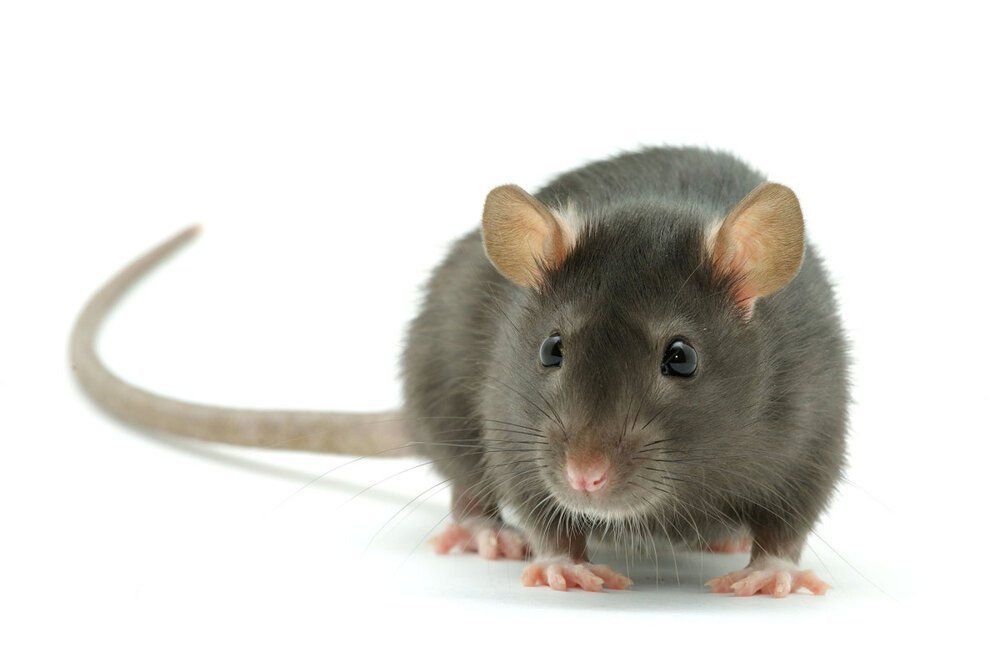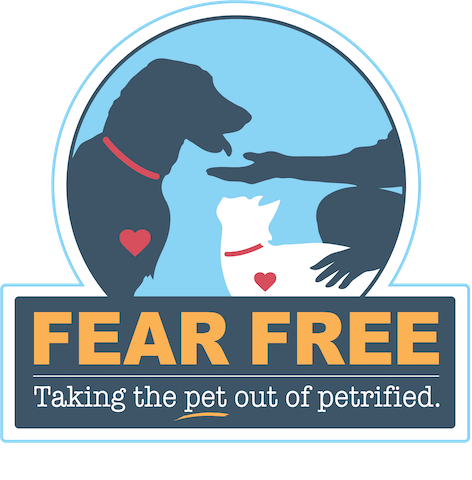Leptospirosis In The Local Area

Leptospirosis Information
The team at My Vets Irrawang and Thornton wish to advise our clients of a case of Leptospirosis in the local area. Although we are in a low risk area the recent rains, flooding and rodent plagues have altered our geographic conditions at this time.
Leptospirosis is a disease caused by the bacteria Leptospira. The primary host of Leptospira is the domestic and wild rat. These animals can spread Leptospira into the environment via their urine. The bacteria are able to survive in damp and muddy conditions for several months and both humans and dogs can contract the disease from contaminated soils and waterways.
Therefore the biggest risk factor for infection is exposure to rats or areas frequented by rats.
Dogs can become infected if the bacteria is able to enter the body via the mouth, nose or any skin wound. They begin to show signs of illness after around 7 days. These symptoms are quite variable and can include lethargy, disinterest in food, vomiting and diarrhoea, increased water intake and urination and jaundice (yellow skin/membranes). Whilst some dogs may only suffer mild illness, the disease can be fatal. If your vet is concerned your dog has Leptospirosis they will perform blood and urine tests to confirm the diagnosis. Treatment involves use of antibiotics and more often than not, hospitalisation and intravenous fluids.
The good news is that Leptospirosis is preventable through vaccination. Dogs in our area are not routinely vaccinated against Leptospirosis as the disease prevalence is so low. However, given the recent case in our local area (presumed to be related to the unusual weather patterns) we are currently recommending vaccination of our canine patients. If you are interested in having your dog vaccinated against Leptospira please contact one of our clinics for more information, or to book an appointment.
Leptospirosis is a zoonotic disease, which means it can be transmitted from animals to humans. If your dog has Leptospirosis then the disease can be passed on to you via the dog’s urine. Please speak to your family doctor for more information or visit NSW health.
Contact Info
Thornton
3/30 Railway Ave Thornton, NSW, 2322
Irrawang
3/17 Port Stephens St Raymond Terrace, NSW, 2324
Email:
reception@myvets.vet
Thornton: 02 4966 1133
Irrawang: 02 4987 1898
Business Hours
Mon - Wed: 8:00 am - 5:30 pm
Thursday: 8:00 am - 6:00 pm
Friday: 8:00 am - 5:30 pm
Saturday: Irrawang 8.00am -12.30pm
Saturday: Thornton Closed
Sunday: Closed
Payment options





licence & certificates
Fear Free Certified Vets
Cat Friendly Clinic Gold Certification


